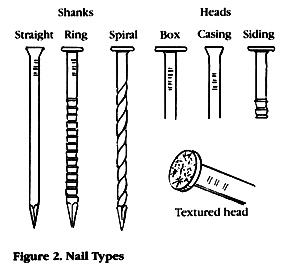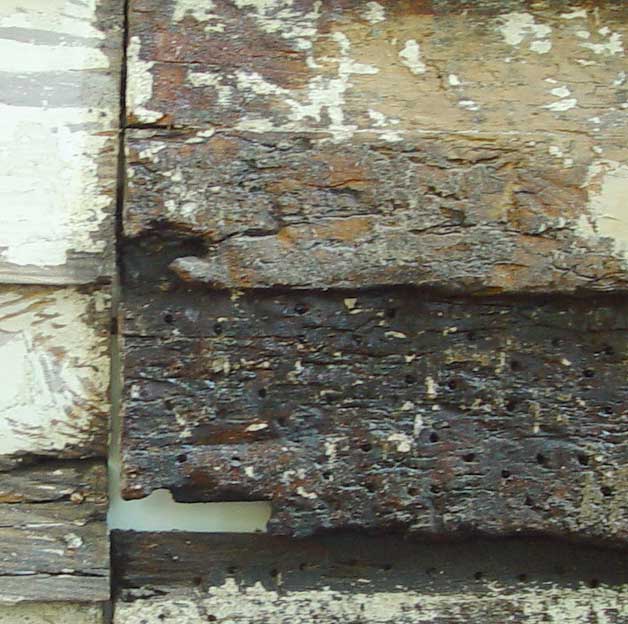Bottom Nailling Strip For Wood Siding Shingles

Thick and installed to hang below shim approximately 1 in.
Bottom nailling strip for wood siding shingles. Click to enlarge any image this article series discussion includes wood shingle siding underlayment requirements. For all owens corning shingles roofing nails should penetrate into the wood deck by a minimum of inch or completely through the roof deck by a minimum of 1 8 inch. Add felt if needed before nailing the new wood on and prime the new wood on all four sides before installing it. Begin by nailing a starter strip approximately 3 8 inch thick x 1 1 2 inch wide flush with bottom edge of sill plate.
The difference between a good shingle and a great shingle is having surenail technology only available from owens corning on duration series shingles. Starter strip should be 4 5 in. Fasten a cedar starter strip the same thickness as the top of the beveled siding all around the house using a tape measure and level to set it level along the bottom of the wall. Wood shingle siding nailing details.
The indentations profile cut outs of the bottom edge of the first course of siding must overlap. When nailing shingles proper penetration into the roof deck is essential to ensure the nail and shingle remain secure. Install the kickout flashing underneath the first shingle photo 1. Apply siding to wall assembly directly to wood structural panel sheathing.
This strip of wood or metal is attached to brick stucco or old siding. Siding nail face nailing face nailing is applicable where dictated by building code in high wind areas and when fastening is to osb or equivalent sheathing without penetrating into studs. Wood siding shingles and shakes. If the shingle already has flashing on it the kickout flashing has to slip beneath it and you ll have to loosen or remove siding to do this.
These strips will receive the nails from the new siding. The top of the step flashing is still under the siding or plaster. If desired the starter strip can be cut from the top of the siding and the bottom portion used for the top course. This is a decorative feature that covers the top of the siding where it connects to the soffit.
Put the bottom step flashing on the starter course then bend the bottom of the step flashing out about 1 to 1 away from the wall. Adapted paraphrased with permission from best practices guide to residential construction. Patented surenail technology features a wide highly visible engineered fabric strip in the nailing area for a consistent quality installation and the unique product design provides.

























/cdn.vox-cdn.com/uploads/chorus_asset/file/19489528/wood_siding_2_02.jpg)


















/cdn.vox-cdn.com/uploads/chorus_asset/file/19489373/corner_boards_02.jpg)
